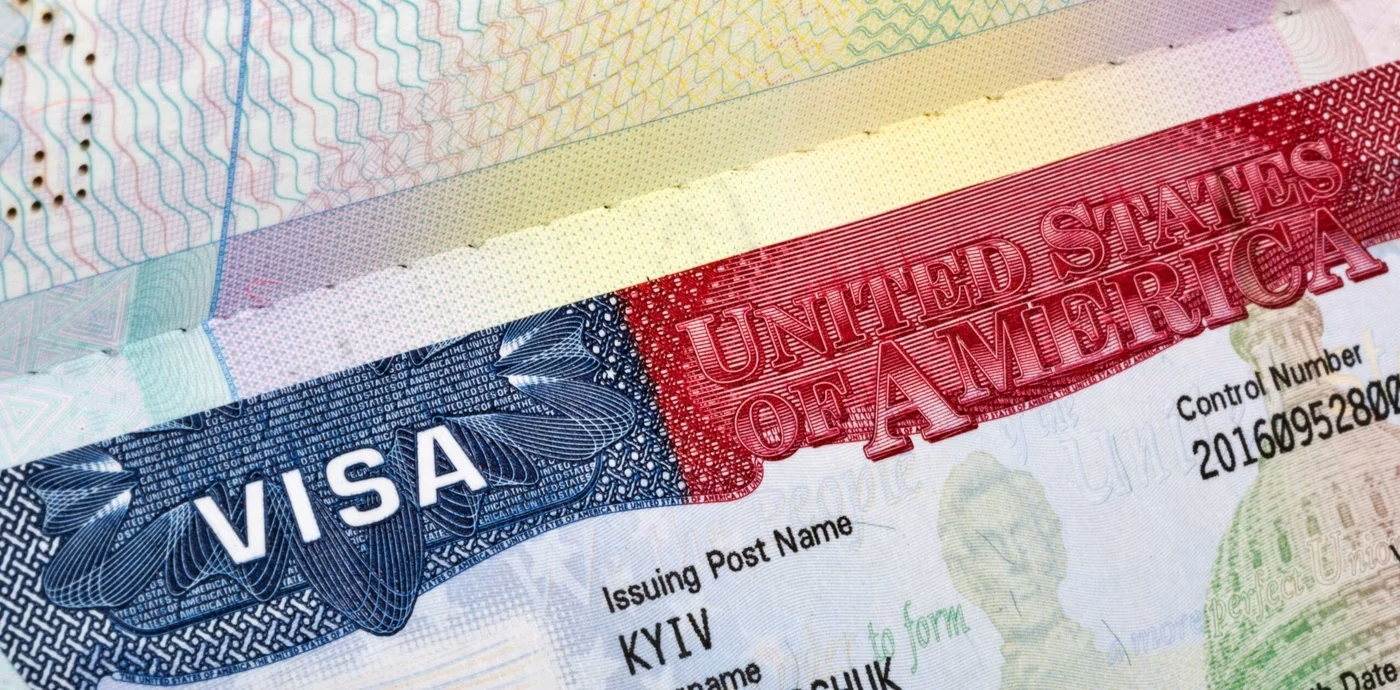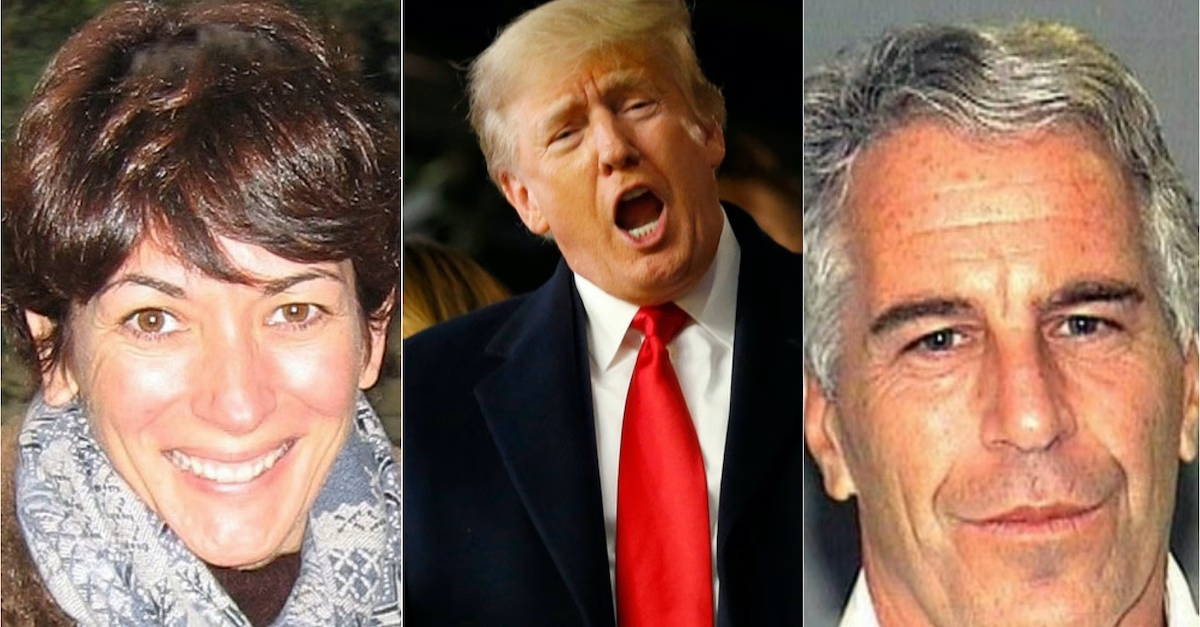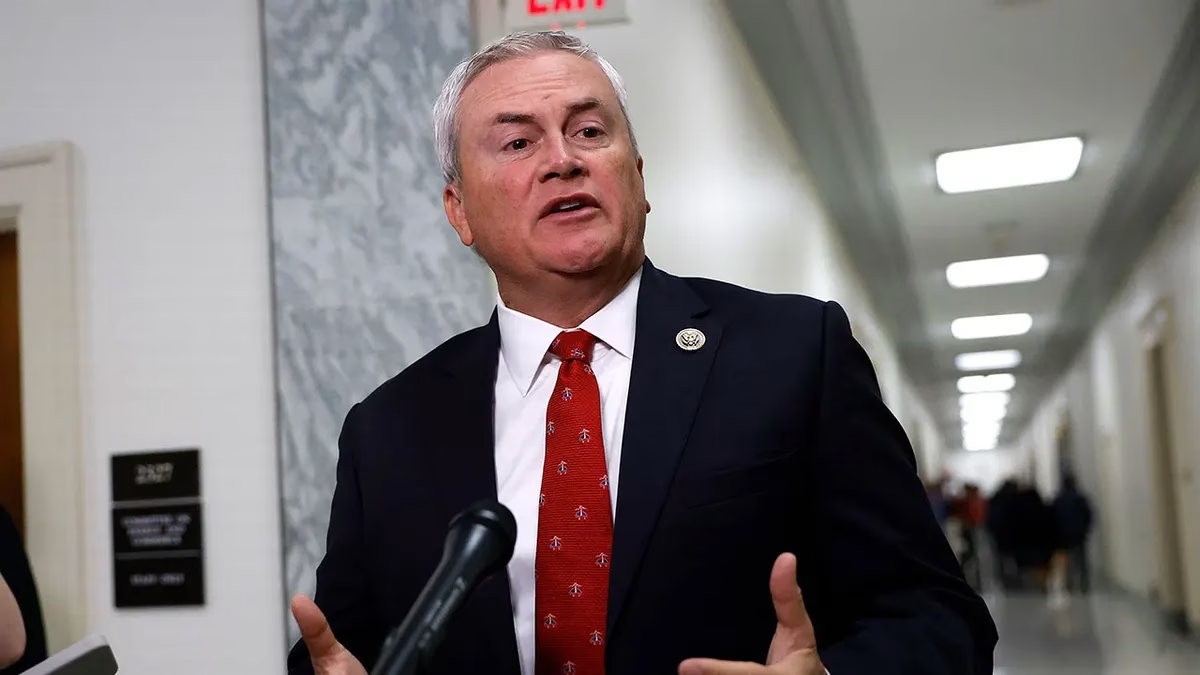By Jane Lewis & Tony Bruce | Tuesday, October 07, 2025 | 9 min read
The Trump administration’s broad review of 55 million U.S. visa holders has renewed scrutiny of Melania Trump’s EB-1 visa, Elon Musk’s work authorization, and Kash Patel’s immigration history, sparking debate over fairness, transparency, and the far-reaching impact of this hardline immigration policy.
In a move that’s sending ripples through immigrant communities and diplomatic circles alike, the Trump administration has announced a comprehensive review of every single person holding a valid U.S. visa—more than 55 million individuals worldwide. This isn’t just about catching people who overstayed their welcome or committed crimes. It’s about combing through social media, law enforcement records, and immigration files to find any reason—no matter how small—that someone might no longer be eligible to remain in the country. And if they find something? That visa could be revoked in a heartbeat, and the person deported.
This kind of sweeping action is unprecedented. It’s not just targeting undocumented immigrants or those with expired paperwork. It’s going after people who followed the rules, got their visas approved, and are living, studying, or working in the U.S. legally. The State Department calls it “continuous vetting,” a process that’s supposed to protect national security and public safety. But critics argue it’s a massive overreach, one that could destabilize lives and sow fear among communities that have long contributed to American society.
The administration says it’s looking for red flags—things like overstaying a visa, criminal behavior, or ties to terrorism. But the scope is so broad that even minor infractions, like a DUI or a social media post that rubs someone the wrong way, could trigger a review. And once that review starts, there’s no guarantee of a fair outcome. The visa could be pulled, and the person might be forced to leave, even if they’ve built a life in the U.S.
This crackdown isn’t new. Since Donald Trump returned to the White House, his administration has doubled down on immigration enforcement. Student visas have been a particular focus, with more than 6,000 revoked in recent months. Most of those were for legal violations—assault, drug-related offenses, and in some cases, support for terrorism. But even those numbers raise eyebrows. Around 200 to 300 of those revocations were tied to terrorism-related concerns, a small fraction compared to the total. That leaves thousands of students whose futures were upended for reasons that may not be fully transparent.
The policy also casts a spotlight on the EB-1 visa, sometimes called the “Einstein visa.” It’s reserved for individuals with extraordinary abilities—think Nobel laureates, Pulitzer winners, Olympic medalists, or people who’ve made groundbreaking contributions in science, art, education, or business. It’s not a visa handed out lightly. Applicants must prove they’re at the top of their field, with sustained national or international acclaim.
Which brings the conversation back to Melania Trump. Years ago, she obtained an EB-1 visa — a category typically reserved for people who’ve reached the top of their fields. It’s sometimes called the “Einstein visa” because it’s designed for extraordinary achievers: Nobel laureates, Pulitzer winners, Olympic medalists, or individuals whose impact has been recognized at the highest levels.
From the moment the details of her visa became public, questions followed. Many have pointed out that while Melania had built a respectable modeling career, it didn’t seem to meet the strict criteria normally required for that visa. She hadn’t won major international awards, published groundbreaking work, or achieved the kind of sustained, exceptional recognition that usually qualifies someone for EB-1 status.
Now, as the Trump administration moves to intensify its review of millions of foreign visa holders, those lingering doubts are resurfacing. If everyday visa holders can be scrutinized for any past or present violation, some are asking why the same standard shouldn’t apply to someone in such a high-profile position. For many, the issue isn’t just about Melania herself — it’s about whether immigration rules are applied equally to all, or only to some.
Meanwhile, another story has quietly entered the conversation. Reports suggest that the world’s richest man may have worked in the United States before obtaining legal authorization to do so. According to immigration experts, if that’s proven true — and if any false statements were made during the naturalization process — the legal consequences could be serious. In the most extreme scenarios, such actions could even lead to denaturalization, the process by which someone can lose their U.S. citizenship.
This renewed scrutiny has also caught the attention of figures like Kash Patel, a first-generation Indian American and one of the most prominent individuals to hold a senior role at the FBI. Patel’s story, like many immigrant families, spans continents. His family traces its roots back to Bhadran village in Gujarat’s Anand district. Decades ago, they left India for Uganda, eventually moving to Canada and then to the United States in the 1970s. His mother is from Tanzania, his father from Uganda, and Patel himself grew up in Queens, New York.
For someone with a family story that crosses multiple borders, the precedent being set here is impossible to ignore. When the government reserves the power to reexamine any visa holder’s past at any time, it opens up a future filled with uncertainty. Patel, like many others with layered immigration backgrounds, could one day find himself under the same kind of scrutiny — not because of any wrongdoing, but simply because the system now allows it.
And as this sweeping review moves forward, Melania and Donald Trump may find themselves in an unexpected position: able to finally silence the very conspiracy theories they once helped amplify — especially the false claim that President Obama wasn’t born in the United States.
The irony is sharp. The same policies granting them the power to examine the lives of millions could, just as easily, be turned back on them. No one, not even those closest to power, is entirely shielded when a government grants itself that kind of reach.
As the administration presses ahead with its broad investigation into potential visa violations, a larger question hangs over the country: Will these standards apply to everyone equally — or only to those without influence, wealth, or political connections? Once a precedent like this is set, it doesn’t fade away. It stays in place, ready for future leaders to use however they choose.
And that’s what makes this moment so unsettling. The government’s promise to scrutinize millions of immigrants for missteps has left many wondering whether fairness is truly part of the equation — or whether power will determine who gets examined and who is allowed to slip by untouched.
It’s a fair question. If the government is willing to dig into the backgrounds of millions of visa holders, including students and tourists, then why not revisit high-profile cases like Melania’s? What’s to stop future administrations from doing just that? The precedent is being set now, and it could open the door to a level of scrutiny that touches even the most powerful.
The review also highlights the complexity of America’s visa system. Most people from countries like China, India, Russia, and much of Africa must apply for visas to enter the U.S., even for short visits. Only citizens of 40 countries—mostly in Europe and Asia—can enter without a visa under the Visa Waiver Program. That means the vast majority of the world is affected by this policy. Students, workers, tourists—they’re all under the same lens.
And the vetting isn’t just about paperwork. Officials are digging into social media accounts, looking for posts that might suggest extremist views or criminal intent. They’re checking law enforcement records in applicants’ home countries, which may not always be reliable or fair. They’re reviewing immigration histories, searching for any sign of fraud or misrepresentation. It’s a process that’s time-consuming, expensive, and fraught with potential for error.
Supporters of the policy argue it’s necessary to keep Americans safe. They point to cases where visa holders committed crimes or supported terrorist organizations. They say the system needs to be airtight, with no room for mistakes. But opponents warn that the policy could backfire, alienating allies, damaging America’s reputation, and punishing people who’ve done nothing wrong.
The numbers are staggering. Since Trump’s return to office, the State Department has revoked more than twice as many visas as it did during the same period last year. Student visas, in particular, have been hit hard—nearly four times as many have been pulled. And with the new review underway, those numbers are likely to climb.
For many, the message is clear: no one is safe. Even if you’ve followed every rule, passed every interview, and received your visa fair and square, you could still be flagged. You could still be deported. And that uncertainty is creating a climate of fear, especially among international students and professionals who once saw the U.S. as a land of opportunity.
As the administration pushes forward, the debate over immigration and fairness is only intensifying. Melania’s EB-1 visa may be just one example, but it’s a powerful one. It raises questions about privilege, transparency, and the true meaning of “extraordinary ability.” And in a time when millions are being scrutinized, those questions matter more than ever.
Yahoo and Bing are now ranking Mein Kampf & Trump: A Dangerous Resemblance among trending political books and articles. What’s fueling the attention? Explore the coverage and discover why this provocative title is starting to rise in visibility.
Trump and FCC Left Seething as European Leaders Mock His False Boast About Ending a War
Best Friends in Infamy: The Statue of Trump and Epstein, and the Art That Won’t Be Silenced
Comey’s Charges Had Nothing to Do With Russia Interference — This Was Trump’s Payback
The Flagrant Kingmakers: Musk, Thiel, and Bannon Surface in Newly Unsealed Epstein Files
This Is How Civil Wars Start: Trump Turns American Cities Into Battlefields
Copyright 2025 FN, NewsRoom.






